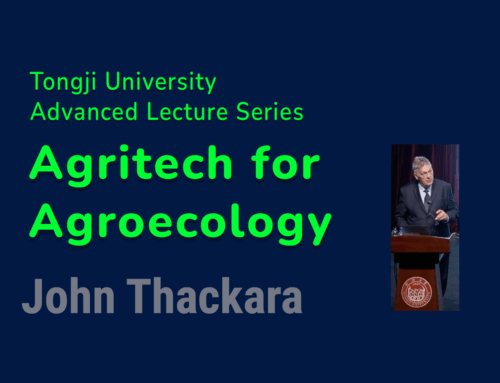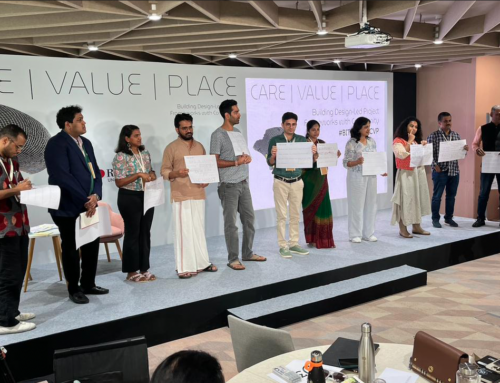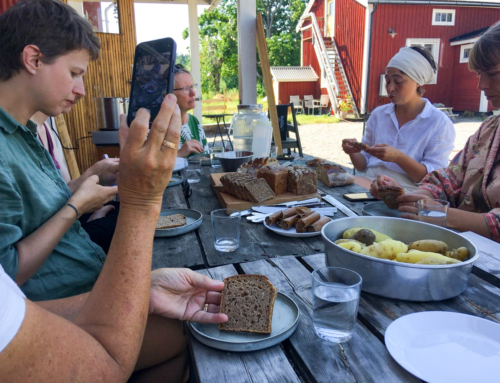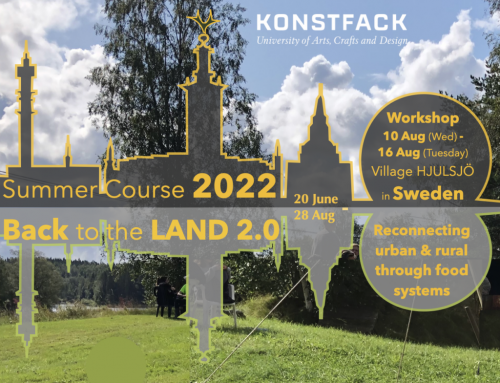Global food systems are becoming unsustainable in terms of environmental impact, health, and social quality. Up to 40 percent of the ecological impact of an ‘advanced’ city can be attributed to its food systems.
But what to do?
Doors of Perception 9 – on the theme of “Juice” – explored issues at the intersection of food, fuel and design. We went to India in a search for inspiring new models and tools.
Our event – which was more of an expedition and a camp than a conference, brought together experts from all parts of India, together with social innovators active in live food-related projects in: Miami, New York, Portland, Toronto, Vancouver, Santiago. Havana, Florence, Dyestad, Newcastle, Middlesborough, London, Brussels, Amsterdam, Helsinki, Frankfurt, Naples, Dubai, Istanbul, Gaza, Jerusalem, Melbourne, Beijing, Delhi, Chennai, Bangalore, Kolkota.
During the day, mixed groups of Indian and international experts went on expeditons to explore markets, crocus farms, and street food culture.
Each evening, they related these experiences during discussions of food information systems; food miles and energy use; localisation of food systems; Community Supported Agriculture; urban farming; sustainable packaging and distribution; agritourism; and street food.
In Food systems: the design agenda John Thackara reflects on some of the lessons we learned in Delhi.
Our partners for the event were the Centre for Knowledge Societies, culiblog.org , PixelAche, the Royal Society of Arts, and Designs of the Time (Dott07). Feel free to download the Doors 9 poster, designed by Abishek Hazra.
Since Doors 9 in 2007, interest in the subject has exploded. Architects and city designers the world over are exploring ways to put food and water systems at the heart of city planning and design. Doors of Perception supplied a speaker and gave communication support to a seminar in The Hague to launch Foodprinting The City, a two-year project, organized by Stroom to explore the possibilities of food production in the Dutch capital city.






